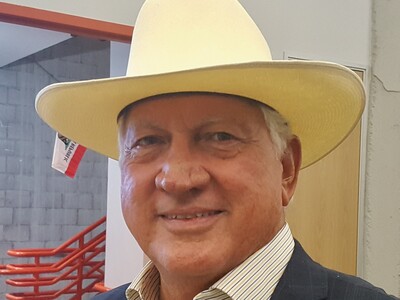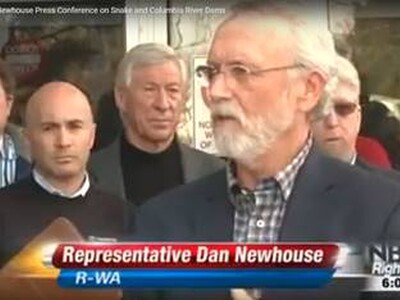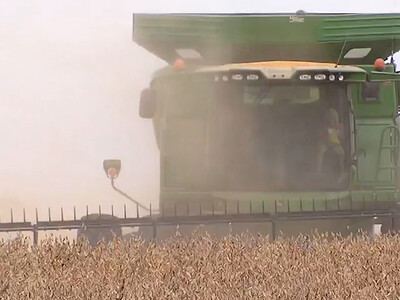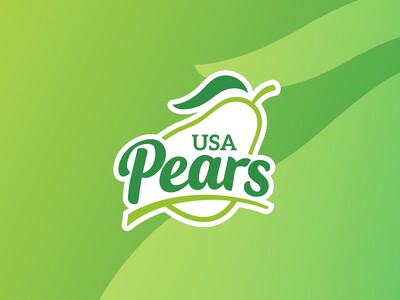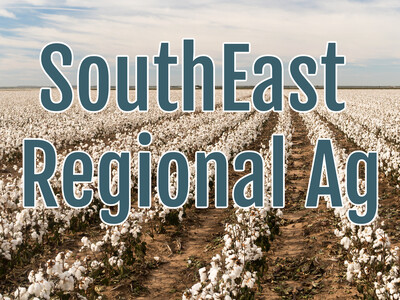Sometimes in Farming, 'Less is More'

Tim Hammerich
News Reporter
The saying “less is more” can be actually applied to production agriculture in the move toward more regenerative systems. John Kempf, founder of Advancing Eco Agriculture, a network of plant and soil professionals, says when working with new farmers, their company’s philosophy is doing fewer of the wrong things.
Kempf... "So our recommendation when we started working with growers, many of them, initially that we started working with were irrigated. And so being irrigated, they have the capacity to add nitrogen through the growing season as needed. And so we said, okay, we're only going to add nitrogen when the crop needs it. And we're going to measure every two weeks of the growing season. So we know exactly what's going on. And as a result of that one change, we reduced nitrogen applications from 150 to 50 pounds. There were zero PGRs applied, not a single application, no fungicides, no insecticides. We reduced potassium applications by 60 percent and we got a 60 percent yield increase. Not as a result of doing more things, but as a result of doing fewer of the wrong things."
Kempf believes that by sticking with some first principlesthe basics, farmers can reduce inputs and increase yields.
Kempf... "It's easier for us to see other people than it is to see ourselves, but the reality is that this scenario of doing the wrong things or at the wrong time is almost universal in a lot of our crop management approaches where we're doing the wrong things and we're creating a lot of our own problems."
Since 2006, Advanced Eco Agriculture has served over 2 million acres with their regenerative programs.






